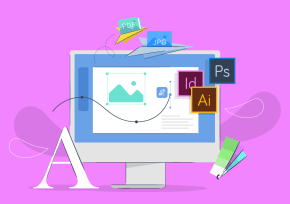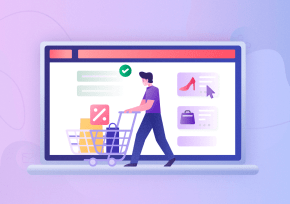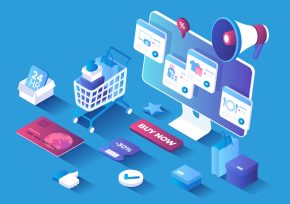Portal development refers to the process of creating a digital platform that serves as a gateway to access information, resources, and services from various sources in a unified manner. Portals are designed to streamline user experiences by providing a centralized hub where users can access diverse content and functionalities. From corporate intranets to e-commerce platforms, portal development encompasses a wide range of applications tailored to specific needs and industries.
Understanding Portal Development
Portal development involves a series of strategic steps aimed at creating a user-friendly interface that meets the unique requirements of the target audience. The development process typically includes:
-
Requirement Analysis: Understanding the objectives, goals, and target audience of the portal to determine the features and functionalities it should offer.
-
Design and User Interface (UI): Creating a visually appealing and intuitive user interface that enhances user experience and usability.
-
Development: Building the portal’s core functionalities and integrating various tools and resources.
-
Integration: Connecting the portal with external systems, databases, and APIs to provide seamless access to information and services.
-
Testing: Thoroughly testing the portal for functionality, compatibility, and security to ensure a smooth user experience.
-
Deployment: Launching the portal and making it accessible to users.
-
Maintenance and Updates: Regularly updating the portal to ensure it remains current, secure, and aligned with user needs.

Factors Affecting the Cost of Portal Development
The cost of building a portal can vary significantly based on several factors:
-
Complexity: The complexity of the portal’s features and functionalities greatly impacts the development cost. A simple informational portal will cost less compared to a highly interactive e-commerce or enterprise portal.
-
Design: The level of design customization, user interface, and user experience design can influence the cost. Intricate designs may require more resources and effort.
-
Functionality: The number and complexity of features such as user registration, content management systems, payment gateways, and integrations with third-party tools can affect the cost.
-
Integration: If the portal needs to integrate with various external systems, databases, or APIs, the development cost may increase due to additional development and testing efforts.
-
Scalability: Planning for future scalability and accommodating increased user traffic might lead to higher initial development costs.
-
Security: Implementing robust security measures to safeguard user data and protect against cyber threats can impact the cost.
-
Maintenance: Ongoing maintenance and updates are essential for keeping the portal secure and up to date, which can add to the long-term costs.

Cost Range for Portal Development
The cost to build a portal can vary from a few thousand dollars to hundreds of thousands, or even more, depending on the factors mentioned above. Simple informational portals might cost between $4,000 to $20,000, while more complex portals with advanced features and customizations can range from $50,000 to $200,000 or more.
It’s important to note that obtaining accurate cost estimates requires collaboration with experienced developers or development firms. They can provide tailored quotes based on the specific requirements and goals of your portal project.
Conclusion
Portal development is a versatile process that creates digital gateways to unified information and services. The cost of building a portal varies based on factors like complexity, design, functionality, integration, scalability, security, and maintenance. To determine the precise cost for your project, collaborating with professional developers and gathering detailed project specifications is essential. Regardless of the investment, a well-developed portal can offer significant returns in terms of user engagement, streamlined processes, and enhanced user experiences.











